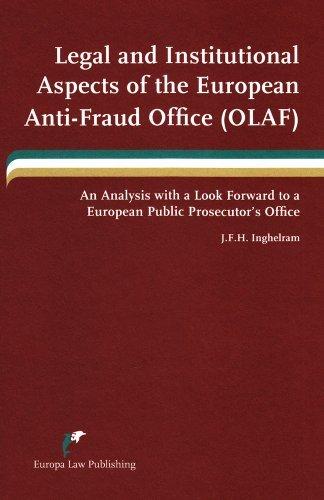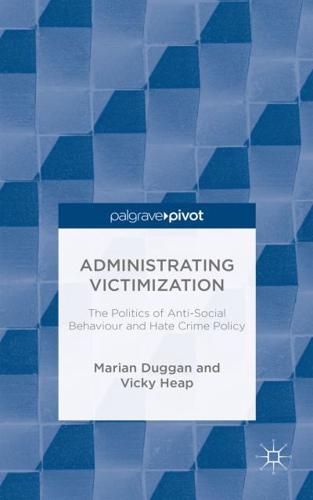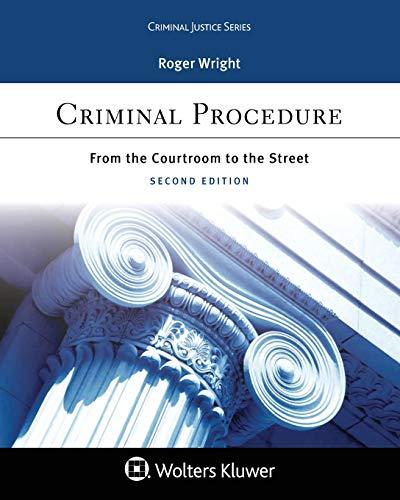Law & Criminology , Criminal Law
Legal and Institutional Aspects of the European Anti-fraud Office (OLAF) : An Analysis with a Look Forward to a European Public Prosecutor's Office
Description The European Anti-Fraud Office (OLAF) was created in 1999, in the wake of the political crisis which led to the collective resignation of the European Commission. It has operated for more than ten years in a specific legal and institutional environment, which, in turn, has been affected by the entry into force of the Treaty of Lisbon. The latter put an end to the pillar structure of the EU, turned the Charter of Fundamental Rights into a binding legal instrument, and laid the foundation for the establishment of a European Public Prosecutor's Office (EPPO). Starting from the broader context of the protection of EU financial interests and touching upon the circumstances surrounding OLAF's creation, this book provides an in-depth analysis of OLAF's position in this environment. Particular attention is given to: OLAF's investigative competences and right to privacy issues raised by the exercise of these competences * the rights of the defense of persons under investigation * the consequences of the specific organizational structure of OLAF, which is both a part of (and independent from) the European Commission * supervision of OLAF, including by the EU courts through judicial review of OLAF investigative acts. The book also speculates on how OLAF and the EPPO could interact, should the latter be established. Although an EPPO will be established from Eurojust, part of its competences will be of an investigative nature, which it will exercise in the same legal and institutional environment as OLAF. Therefore, an understanding of OLAF appears essential for comprehending and interpreting the (investigative) competences of the EPPO, including the way in which judicial review of acts adopted by the EPPO should be effectuated. On the other hand, it appears beyond doubt that the establishment of the EPPO will fundamentally affect the functioning of OLAF.
- Inghelram, J. F. H.
- Europa Law Publishing
- 2011
- 300
- Hardback
- 9789089521002
Поткатегории











